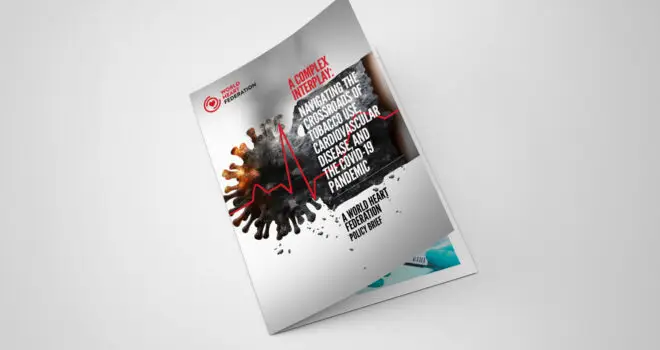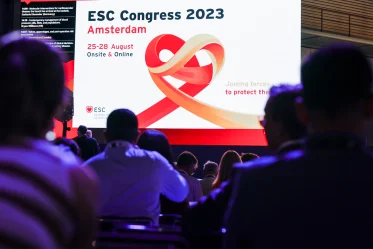This is a statement made at the 71st Session of the WHO Regional Committee for the EURO Region on Strengthening public health emergency preparedness and response in the EURO Region.
Honourable Chair, distinguished delegates,
We thank you for this opportunity to jointly address the Regional Committee on one of the most critical subjects of our time.
The COVID-19 pandemic has taken an incalculable toll on the mental and physical health of our societies; the fiscus has been negatively impacted and will take many years to recover. This past year has united us in facing a truly global challenge, but it has also exposed deep, enduring fault lines and inequities in the population health and health systems of nearly every country represented here today. The WHO’s pulse surveys have demonstrated that essential services for NCDs and mental health have been heavily disrupted in almost every Member State, but only eighteen of these have reported that NCDs are included in national preparedness and response plans.
We have a unique responsibility to draw your attention to the tsunami of post-pandemic consequences lying in wait. The combined impacts of complications due to COVID-19 and non-communicable multimorbidites, as well as interruptions to crucial medical interventions and ongoing care for people living with hypertension, diabetes, obesity, kidney disease, stroke, cancer, and other circulatory and non-communicable disease conditions (NCDs) – those most at risk of poor outcomes from COVID-19 – will almost certainly exacerbate the already huge burden borne by stressed and often ill-equipped health systems with gaps in human resources.
We therefore implore you to urgently address the key risk factors and preventative measures that can help fight the hidden “syndemic” of NCDs, and especially circulatory, diseases and health emergencies such as COVID-19. We call on EURO Member States to:
- Prioritize ongoing prevention, screening, and treatment for circulatory and non-communicable conditions in national COVID-19 or general emergency response and recovery plans through concerted patient co-creation and collaboration;
- Increase domestic allocation of resources and develop targeted policies to tackle CVD and NCD risk factors, including the commercial determinants of health, through funding mechanisms such as taxation of unhealthy commodities, such as alcohol and tobacco;
- Integrate monitoring and data collection on NCD prevalence, comorbidities, and risk factors into measures of pandemic readiness, resilience, and response; and
- Strengthen Primary Health Care to ensure equitable and integrated access to essential health services, particularly for people living with NCDs and in low-resource settings.
We thank you for your attention and remain dedicated to supporting you in these vital endeavors, so that together we may prepare for, and with perseverance, prevent the next global health emergency.
World Heart Federation
European Cancer Organisation
European Stroke Organisation
Movendi International
European Heart Network
EuroCare
International Diabetes Federation
Internaitonal Society of Hypertension
International Council of Nurses
International Society of Nephrology
World Stroke Organization
World Federation of Public Health Associations
WONCA
World Hypertension League
International Alliance of Patients’ Organizations
Framework Convenstion Alliance
International Atherosclerosis Society
World Obesity Federation


